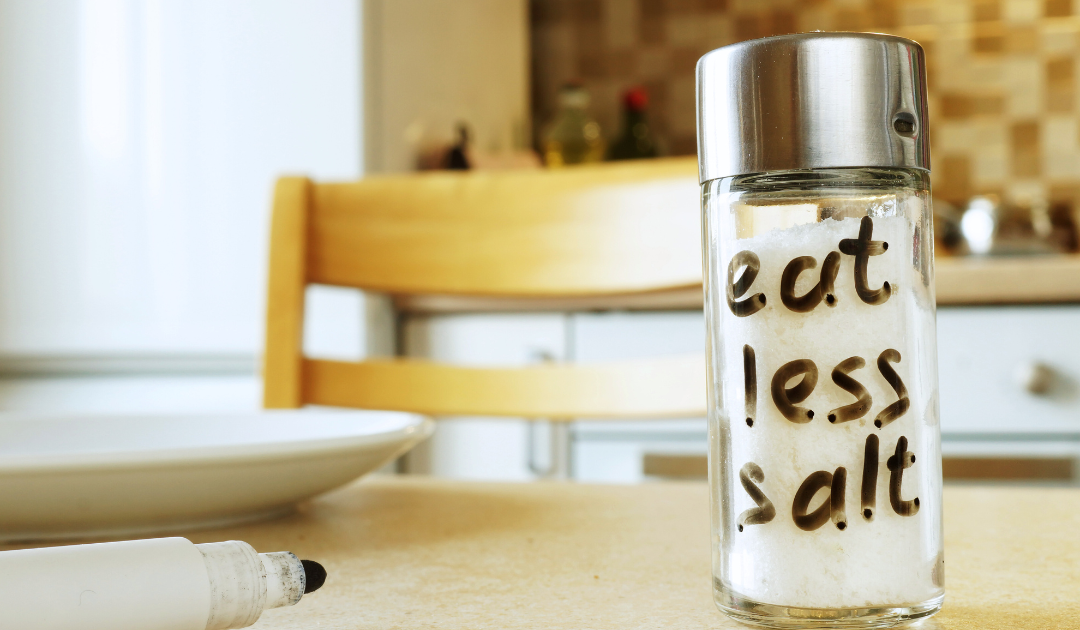Sodium is an essential mineral required by the body in small amounts to maintain fluid balance, nerve function, and muscle contractions. However, excessive sodium intake has been linked to various health problems, including high blood pressure, heart disease, and stroke. Consequently, health experts often advise individuals to consume a low-sodium diet. But is a low sodium diet equally detrimental as having too much? Lets delve into the importance of sodium in our diets and how low sodium consumption can also lead to health issues.
The Role of Sodium in the Body
Sodium is an electrolyte that plays a vital role in maintaining fluid balance within our bodies. It helps regulate the amount of water inside and outside our cells, contributing to the proper functioning of various bodily systems. Sodium also aids in nerve function and muscle contractions, allowing our bodies to move and respond efficiently.
Sodium is also essential for the proper functioning of muscles and nerves. It helps generate action potentials, which are necessary for nerve signal transmission and muscle contraction. When a nerve impulse occurs, sodium ions rapidly enter the cell, leading to depolarization and the propagation of the signal along the nerve, which ultimately results in muscle movement.
Moreover, sodium plays a role in the regulation of blood volume and pressure. The kidneys filter sodium from the blood, and its reabsorption and excretion are tightly controlled. An appropriate sodium balance is necessary to prevent hypertension and reduce the risk of cardiovascular diseases. Excessive sodium intake can lead to increased blood volume and pressure, which can strain the heart and blood vessels.
Sodium also supports various metabolic processes, including nutrient absorption in the intestines. It aids in the transport of glucose and amino acids across cell membranes, facilitating the uptake of these essential nutrients.
Understanding Low Sodium Diets
A low sodium diet, typically restricting sodium intake to less than 2,300 milligrams per day (and even lower for specific individuals with health conditions), aims to reduce the risks associated with high blood pressure, heart disease, and other related health problems. Advocates argue that lowering sodium intake can help improve overall cardiovascular health and reduce fluid retention in the body. However, it is essential to consider the potential downsides and challenges of such a dietary approach.
Effects of Low Sodium Intake
Electrolyte Imbalance:
Sodium is one of the primary electrolytes in our bodies, playing a critical role in maintaining fluid balance, nerve function, and muscle contractions. Consuming too little sodium can disrupt this delicate balance, leading to electrolyte imbalances. This can have various consequences, including nausea, muscle weakness, confusion, and even seizures.
Increased Insulin Resistance:
Some studies suggest that a very low sodium diet may lead to increased insulin resistance, which can contribute to the development of type 2 diabetes. Insulin resistance occurs when cells become less responsive to insulin, impairing the body’s ability to process glucose efficiently.
Renin-Angiotensin-Aldosterone System Activation:
When sodium levels are low, the body’s renin-angiotensin-aldosterone system (RAAS) is activated. This system regulates blood pressure and fluid balance. While RAAS activation is a natural response to low sodium levels, prolonged activation can lead to increased blood pressure, increased heart rate, and fluid retention.
Negative Impact on Athletic Performance:
Sodium plays a crucial role in maintaining proper hydration and electrolyte balance during physical activity. Insufficient sodium intake can result in dehydration, muscle cramps, decreased endurance, and impaired overall athletic performance.
Psychological and Emotional Impact:
Some individuals following extremely low sodium diets report feelings of deprivation, reduced enjoyment in meals, and increased stress associated with constantly monitoring sodium intake. This psychological impact can be challenging to sustain in the long run and may potentially lead to disordered eating patterns.
Individual Variations:
It is important to acknowledge that individual responses to sodium intake can vary significantly. While some individuals may be more sensitive to sodium and may require lower levels for optimal health, others may require slightly higher levels to meet their specific physiological needs.
Takeaway
While excessive sodium consumption can lead to health problems such as high blood pressure, kidney damage, heart disease, and fluid retention, it is also essential to consider the potential risks of consuming too little sodium. Extremely low sodium intake can lead to electrolyte imbalances, increased insulin resistance, activation of the renin-angiotensin-aldosterone system, decreased athletic performance, and psychological implications. Moderation and individualized considerations are crucial when it comes to sodium intake. Consulting with a healthcare professional or registered dietitian can provide personalized guidance and ensure balanced sodium consumption for optimal health


